About Us
TAI connects and leverages the deep expertise and leadership of those who fund programming related to trust, accountability, and inclusion. We provide a space for them to learn from each other and build new thinking and action. Our members come together to strategize, evolve funder practices, and expand the funder ecosystem. TAI helps members serve disadvantaged communities and support their inclusive grantmaking, further enhancing the impact of their efforts. TAI also acts as a bridge with the field, assuring flows of knowledge and exchange on evidence, funding trends, and pain points in the funder ecosystem. Join us!
We envision a society where
 People are informed and empowered
People are informed and empowered
 Governments are open and responsive
Governments are open and responsive
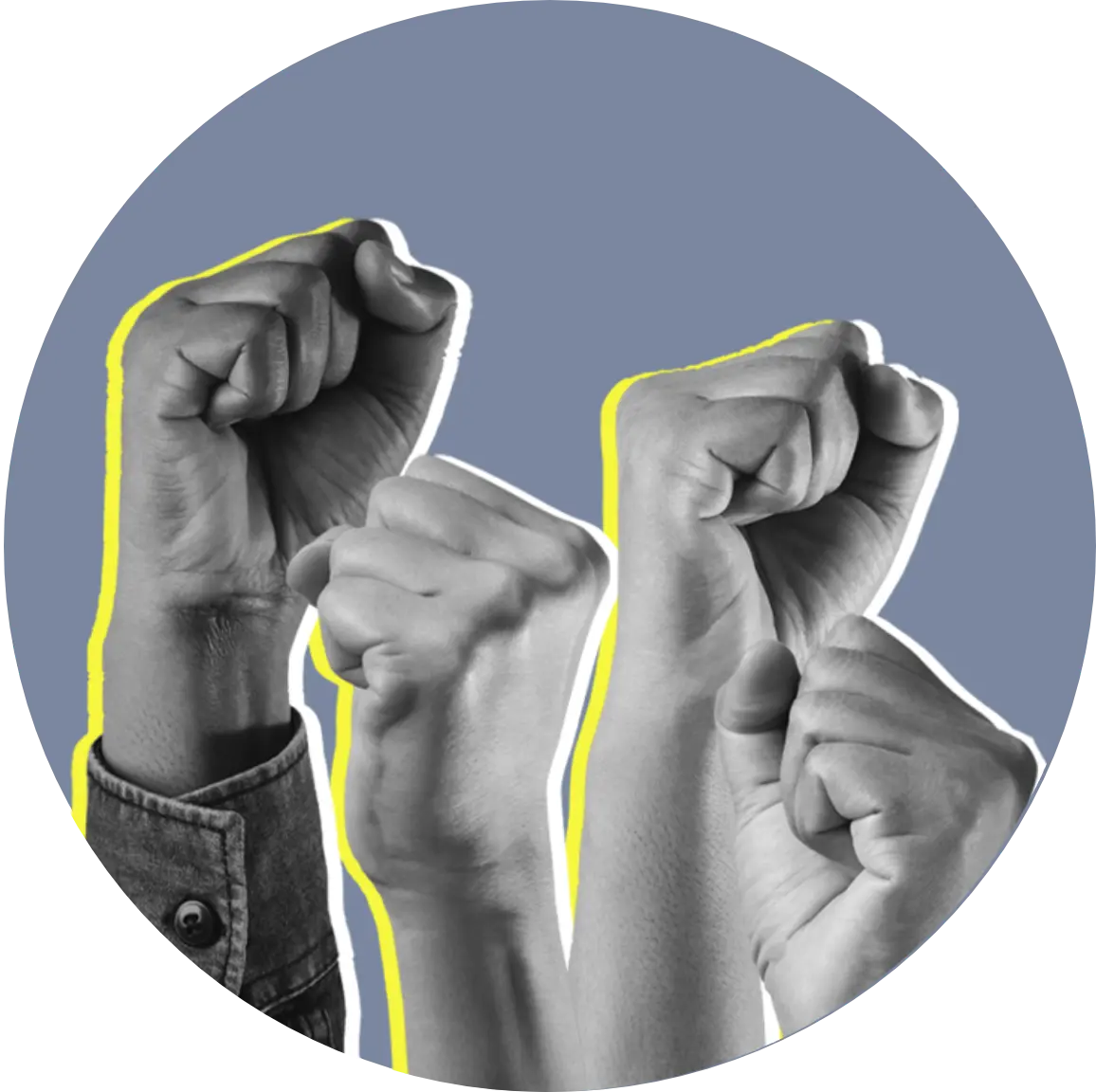 Public good is enhanced through civic engagement and collective action
Public good is enhanced through civic engagement and collective action
Our Vision
A just world where trust, accountability, and inclusion are integrated into all systems of governance. These are the foundations of a healthy democracy, economy, and planet.
Our Mission
We learn, strategize, and collaborate to enhance the impact of participatory governance funding.
Our Members
Our members recognize that governance challenges are complex and cross-cutting. They warrant a collaborative approach. TAI donors work together with partners around the globe to strengthen trust, and accountability and inclusion around the world through participatory approaches.
Bilateral donors with a track record of funding participatory governance, such as the United Kingdom Foreign, Commonwealth and Development Office, regularly participate in TAI conversations as official observers.
Learn more about each member below.
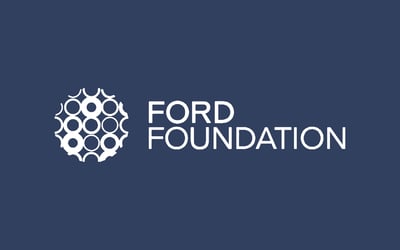






Our team
TAI’s small and nimble team helps donors identify new opportunities for collaboration, supports design of out-of-the-box solutions and helps produce and share knowledge.
Staff
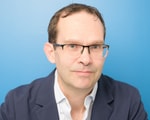
Michael Jarvis
Executive DirectorMichael Jarvis is the Executive Director of the Trust, Accountability and Inclusion Collaborative – Funders for Participatory Governance, a platform for funder learning and collective action, leveraging over USD 500 million in active grants, at the intersection of climate, democratic and fiscal accountability. An expert in good governance and multi-stakeholder approaches, Michael advises a range of international donors. In past roles, notably at the World Bank, Michael incubated new initiatives ranging from collective action against corruption to a business alliance against malnutrition to the Open Contracting Partnership that promotes better outcomes from the estimated $9.5 trillion in public-private contracts globally. He is a board member for Publish What You Fund, Accountability Counsel and Transparency International US.
Michael Jarvis is the Executive Director of the Trust, Accountability and Inclusion Collaborative – Funders for Participatory Governance, a platform for funder learning and collective action, leveraging over USD 500 million in active grants, at the intersection of climate, democratic and fiscal accountability. An expert in good governance and multi-stakeholder approaches, Michael advises a range of international donors. In past roles, notably at the World Bank, Michael incubated new initiatives ranging from collective action against corruption to a business alliance against malnutrition to the Open Contracting Partnership that promotes better outcomes from the estimated $9.5 trillion in public-private contracts globally. He is a board member for Publish What You Fund, Accountability Counsel and Transparency International US.

Eszter Filippinyi
Deputy DirectorEszter brings to TAI extensive international experience working in the philanthropy and civil society sectors designing, implementing, and assessing complex portfolios of work. More recently she worked to advance transparency and civic participation at the nexus of development, economic activity, environment, climate justice, and human rights, with a special focus on marginalized communities.
Eszter has worked for over two decades with the Open Society Foundations in different roles, managing global grant making and advocacy work in the field of civic participation, supporting organizations and networks globally, regionally, and locally, advancing the rights of the most vulnerable communities such as indigenous and afro communities, women, and informal workers.
Eszter has also a background in education, tourism, and a brief but happy journey in wine business. She is passionate about working in collaboration with visionary people to achieve social change for a World that focuses on the wellbeing of all humans, as well as of the Earth. She also loves literature, arts, and walking in nature.
Eszter brings to TAI extensive international experience working in the philanthropy and civil society sectors designing, implementing, and assessing complex portfolios of work. More recently she worked to advance transparency and civic participation at the nexus of development, economic activity, environment, climate justice, and human rights, with a special focus on marginalized communities.
Eszter has worked for over two decades with the Open Society Foundations in different roles, managing global grant making and advocacy work in the field of civic participation, supporting organizations and networks globally, regionally, and locally, advancing the rights of the most vulnerable communities such as indigenous and afro communities, women, and informal workers.
Eszter has also a background in education, tourism, and a brief but happy journey in wine business. She is passionate about working in collaboration with visionary people to achieve social change for a World that focuses on the wellbeing of all humans, as well as of the Earth. She also loves literature, arts, and walking in nature.

Cristina Ordoñez
Program CoordinatorCristina Ordóñez has over ten years of experience in social research, project management, and fundraising, working with civil society organizations and the public sector in Ecuador. Prior to joining TAI, Cristina worked at FARO, an Ecuadorian non-partisan think tank, as a Research and Evaluation Specialist, and was the first Coordinator of the Latin America and the Caribbean Hub of Innovation for Change, a network of civil society organizations from the Global South working to strengthen civil society and the defense of civic space.
In 2022, Cristina collaborated with TAI as a Community Solutions Program Fellow for four months, where she developed a case study on funding intermediaries and produced a paper on how narratives and the Transparency, Participation & Accountability field is seen by local civil society organizations in Latin America.
She holds a master's degree in local development from Paris 1 Pantheon - Sorbonne University and a bachelor's degree in sociology from the Pontificia Universidad Católica del Ecuador.
Cristina Ordóñez has over ten years of experience in social research, project management, and fundraising, working with civil society organizations and the public sector in Ecuador. Prior to joining TAI, Cristina worked at FARO, an Ecuadorian non-partisan think tank, as a Research and Evaluation Specialist, and was the first Coordinator of the Latin America and the Caribbean Hub of Innovation for Change, a network of civil society organizations from the Global South working to strengthen civil society and the defense of civic space.
In 2022, Cristina collaborated with TAI as a Community Solutions Program Fellow for four months, where she developed a case study on funding intermediaries and produced a paper on how narratives and the Transparency, Participation & Accountability field is seen by local civil society organizations in Latin America.
She holds a master's degree in local development from Paris 1 Pantheon - Sorbonne University and a bachelor's degree in sociology from the Pontificia Universidad Católica del Ecuador.

Leah Eryenyu
Gender Just Economy Learning Community LeadLeah Eryenyu is a feminist Political Economy Analyst with more than 10 years’ experience working on women’s rights and gender justice issues across Africa. Her work is situated in the fields of public finance, labour rights, and reproductive justice. She previously served as the Research Advocacy and Movement Building Manager at Akina Mama wa Afrika and later on as Head of Programmes.
Leah is an Atlantic Fellow for Social and Economic Equity and has an Msc in Inequalities and Social Science from the London School of Economics and Political Science, and a BA in Political Science from Williams College.
Leah Eryenyu is a feminist Political Economy Analyst with more than 10 years’ experience working on women’s rights and gender justice issues across Africa. Her work is situated in the fields of public finance, labour rights, and reproductive justice. She previously served as the Research Advocacy and Movement Building Manager at Akina Mama wa Afrika and later on as Head of Programmes.
Leah is an Atlantic Fellow for Social and Economic Equity and has an Msc in Inequalities and Social Science from the London School of Economics and Political Science, and a BA in Political Science from Williams College.
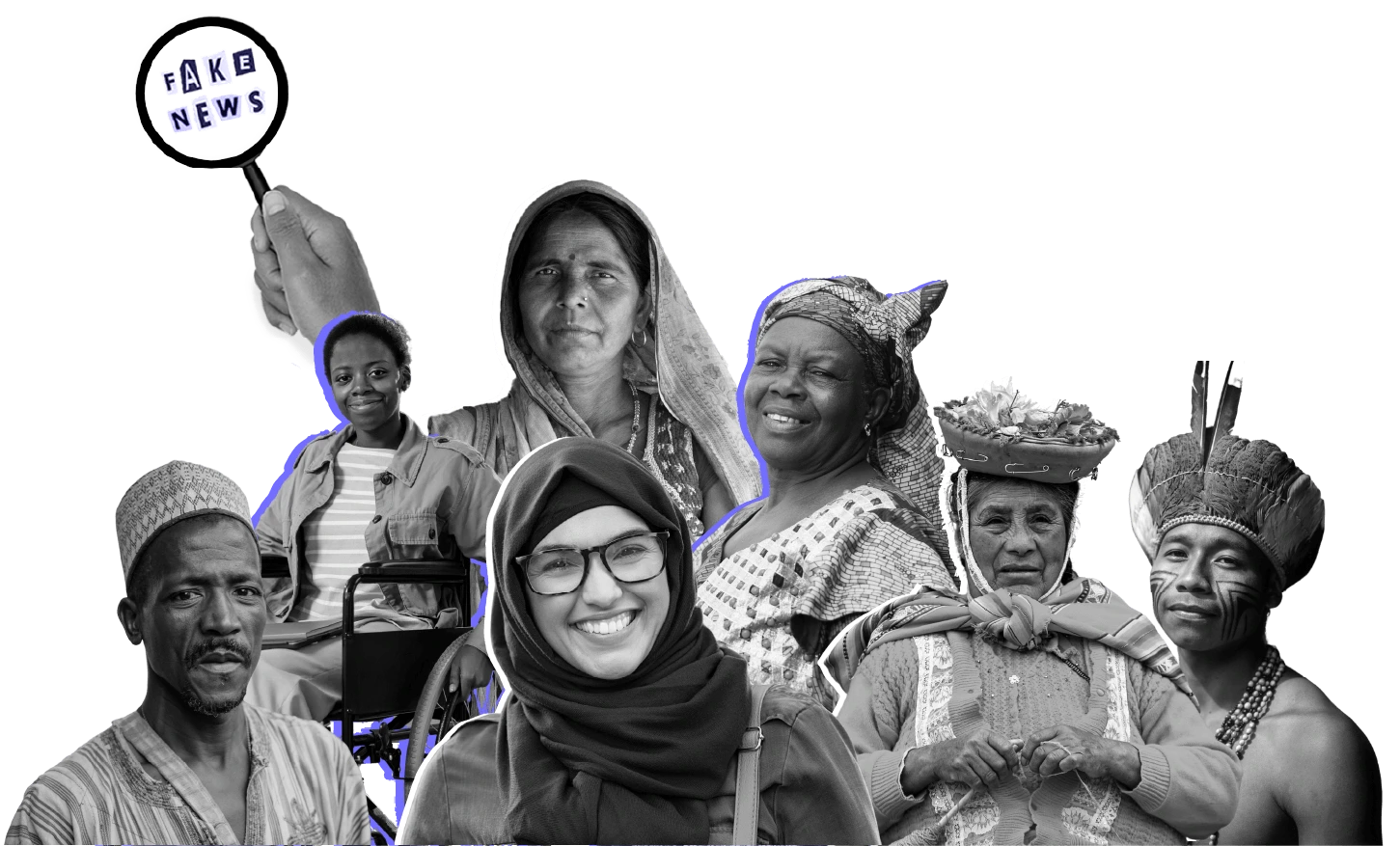
Join TAI

The TAI secretariat is here to help and can explain all that is on offer. If you are new to this field, scoping potential new investments, looking for evidence of what's working, or simply looking for a space to compare notes with fellow funders of all types, please reach out. We offer core and associate membership options.
Let the TAI Secretariat know how we can help
Do you want to know more/
collaborate with us?
Explore and download our publishing guidelines and brand assets
from the links provided
below.
TAI Resources

TAI Weekly | Economic Sovereignty in an Age of Opacity

Fiscal Ecosystems in Transition: Lessons from South Africa, Indonesia, and Brazil
